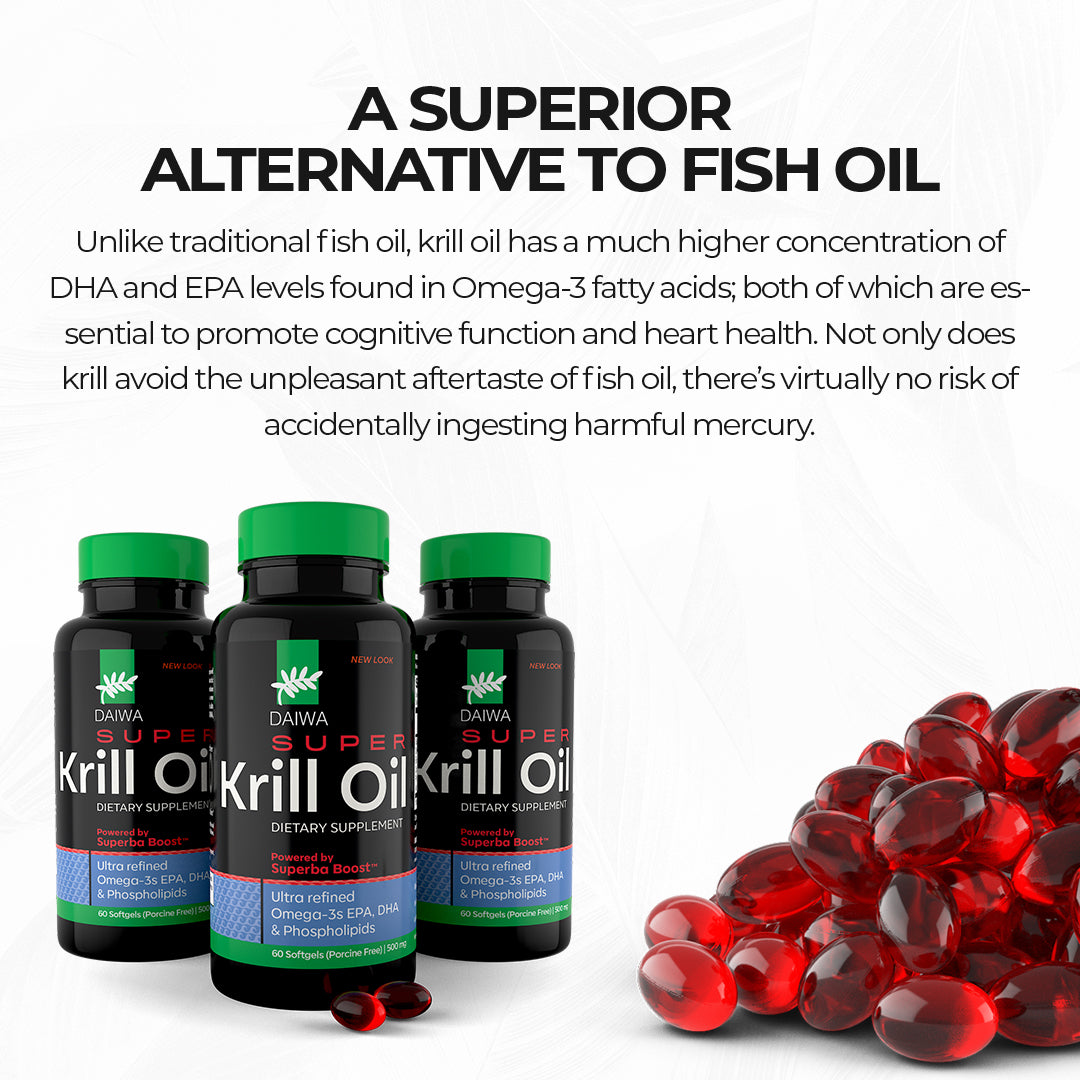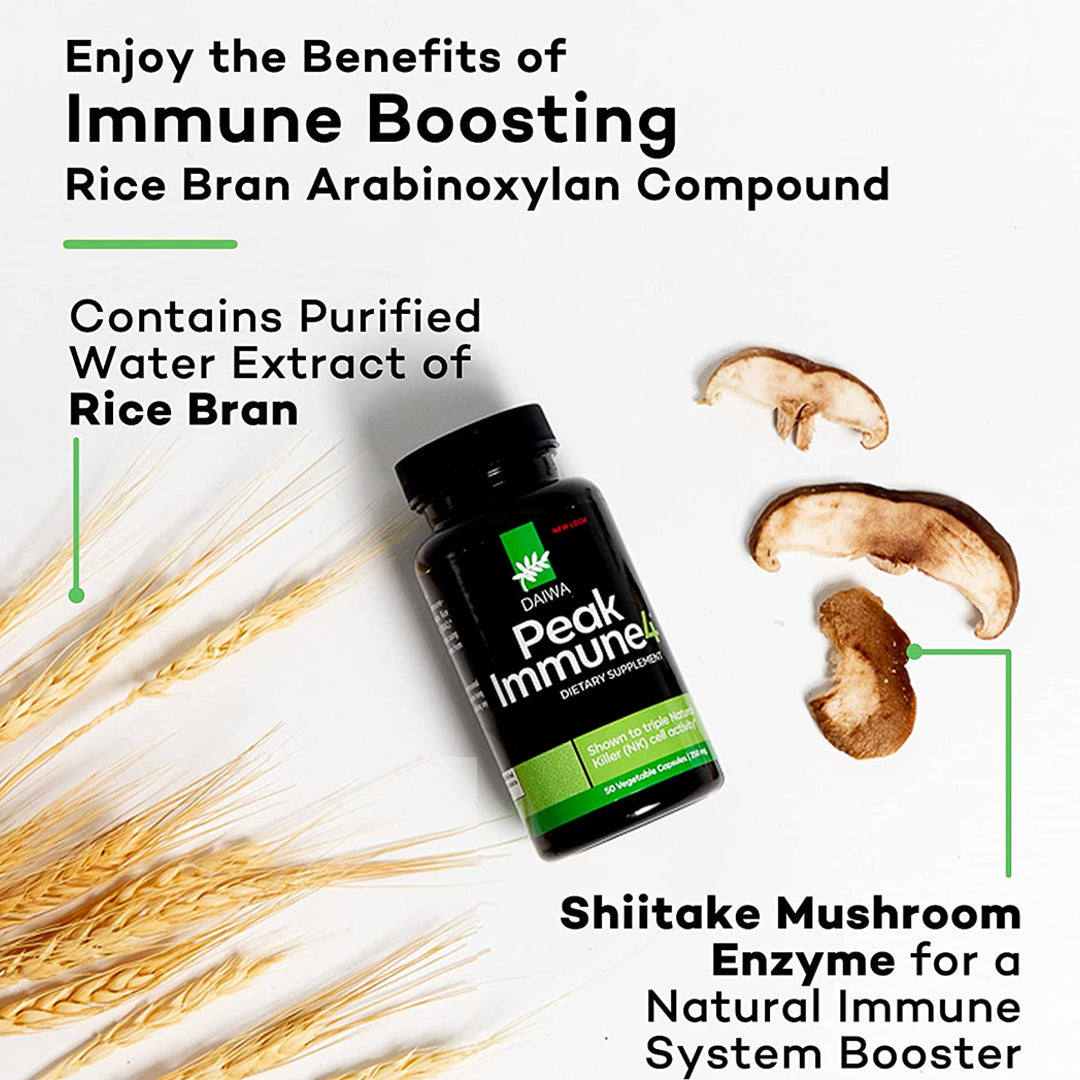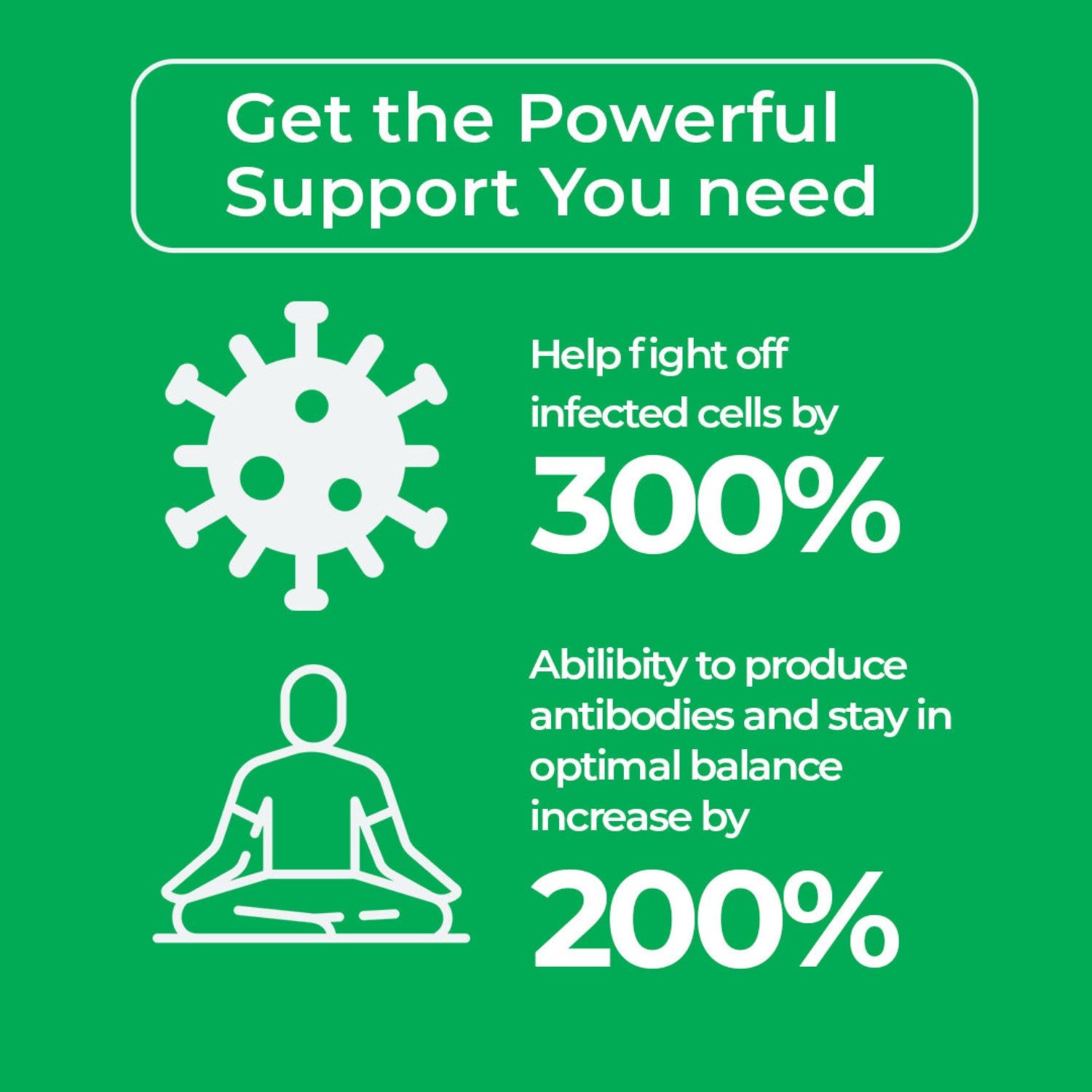At Daiwa Health Development, we’ve seen firsthand how deeply the body and mind are connected. While most people understand that stress affects their mood, few realize just how powerfully it can influence their digestive system. The impact of stress on gut health extends far beyond occasional discomfort—it changes how your gut bacteria behave, how your immune system responds, and even how your brain processes emotion.
A healthy gut is vital for energy, immunity, and mood. But when stress levels stay high for too long, this delicate system begins to break down. Understanding how stress affects the gut microbiome helps you protect both mental and physical balance.
Understanding the Gut–Stress Relationship
The gut is home to trillions of gut microbes—tiny organisms that make up the gut microbiota. Together, they influence everything from digestion to mood regulation. These gut bacteria form what scientists call the gut brain axis, a communication network linking the digestive system to the nervous system through pathways like the vagus nerve.
When stress enters the picture, this network reacts instantly. Your body releases stress hormones such as cortisol and adrenaline, which prepare you for a “fight or flight” response. While this reaction can save your life in danger, chronic stress keeps the body on high alert, disrupting normal functioning in the digestive tract.
This interaction means that persistent emotional or psychological stress can alter gut motility, change the composition of your gut microbiome, and weaken intestinal defenses. Over time, this activity creates the perfect conditions for digestive problems like bloating, acid reflux, or irritable bowel syndrome (IBS).
How Stress Affects the Gut Microbiome
The gut microbiome thrives when diverse species of good bacteria maintains balance. But under prolonged stress, that diversity declines. Research shows that chronic psychological stress and poor diet can reduce beneficial strains while allowing harmful bacteria to flourish.
A Shift in Bacterial Species
High stress levels decrease gut microbiota diversity. Bacterial species such as Lactobacillus, known for supporting intestinal health, may drop in number. This change reduces immune function and increases vulnerability to pathogenic bacteria and inflammation.
Intestinal Permeability and the “Leaky Gut” Effect
Stress can also increase intestinal permeability—commonly referred to as “leaky gut.” The protective lining of the intestines weakens, allowing toxins and partially digested particles to pass into the bloodstream. This activity triggers an inflammatory response and can worsen conditions like inflammatory bowel disease and Crohn’s disease.
How Stress Alters Digestion
When stress hormones flood the system, the digestive system slows down. Blood flow shifts away from the stomach and intestines, reducing the production of enzymes and acids needed for proper digestion. This disruption leads to abdominal pain, acid reflux, constipation, or diarrhea—all common signs of digestive disorders.
Irritable Bowel Syndrome and the Stress Connection
Among all digestive problems, irritable bowel syndrome (IBS) stands out as one of the clearest examples of how stress affects the gut. IBS involves recurring abdominal pain, bloating, and irregular bowel movements without an obvious physical cause.
Studies show that psychological stress worsens IBS symptoms by influencing gut motility and intestinal microbiota balance. Many patients with IBS also experience anxiety or depressive symptoms, revealing the close connection between mental health and gut function.
At Daiwa Health Development, we’ve observed that supporting a healthy gut microbiota through diet and targeted supplements can reduce IBS symptoms severity and improve resilience to stress.
The Role of the Gut Flora in Stress Regulation
Your gut flora—the collection of microorganisms that line your digestive tract—acts as both protector and communicator. It produces neurotransmitters, modulates inflammation, and shapes your immune system’s responses.
When stress disrupts this flora, it triggers a feedback loop: the gut sends distress signals to the brain through the gut brain network, amplifying feelings of anxiety or irritability. This cycle can lead to chronic stress, making it harder to recover emotionally or physically.
Maintaining healthy gut microbiota helps break this loop, reinforcing both intestinal health and mental resilience.
How Chronic Stress Damages Gut Health
1. Reduced Microbial Diversity
Chronic stress diminishes beneficial gut bacteria while encouraging harmful bacteria to thrive. This imbalance weakens the gut barrier, increases inflammation, and impairs nutrient absorption.
2. Impaired Immune Response
A disrupted microbiome affects the body’s ability to defend against infection. Reduced beneficial bacteria lowers the production of anti-inflammatory compounds and increases mast cells, which release histamine and contribute to swelling and discomfort.
3. Weakened Gut Barrier Function
Persistent stress hormones like cortisol thin the intestinal lining, allowing inflammatory compounds to enter the bloodstream. This state of intestinal permeability contributes to fatigue, digestive problems, and even autoimmune reactions.
4. Inflammation and Pain
A compromised gut triggers a systemic inflammatory response that can manifest as abdominal pain, bloating, or cramping. Over time, this cycle may increase the risk of inflammatory bowel disease or ulcerative colitis.
5. Altered Digestive Function
Stress changes gut motility, meaning food moves too quickly or too slowly through the intestines. The result: irregularity, acid reflux, and digestive disorders that worsen with emotional distress.
The Gut–Brain Axis: The Pathway Linking Emotions and Digestion
The gut brain axis allows constant communication between your digestive system and your nervous system. This connection explains why you might feel “butterflies” before a big event or experience digestive problems when anxious.
Stress affects this axis through the vagus nerve, altering the messages exchanged between the brain and gut. When stress overwhelms the system, signaling becomes disrupted, leading to decreased gut motility, slower digestion, and even changes in appetite.
The Role of Diet in Stress and Gut Health
What you eat shapes how your body handles stress. The western diet, high in processed foods, refined sugars, and saturated fats, promotes inflammation and damages the gut microbiome. In contrast, a healthy diet—rich in complex carbohydrates, fiber, and fermented foods—helps restore balance and manage inflammation.
The Mediterranean Diet Advantage
The Mediterranean diet, abundant in vegetables, fruits, legumes, and olive oil, supports gut microbiota diversity and improves intestinal health. It provides antioxidants that neutralize free radicals and reduce stress on the body.
Fermented Foods for Gut Resilience
Fermented foods such as yogurt, kimchi, sauerkraut, and kefir provide natural sources of good bacteria. These probiotics replenish the gut’s ecosystem, support immune function, and enhance intestinal microbiota diversity.
At Daiwa Health Development, we recommend pairing fermented foods with prebiotic fibers and balanced supplementation for optimal gut recovery during chronic stress.
How to Destress Your Gut
If you’ve been feeling tense, tired, or bloated, your digestive system may be sending distress signals. To reduce stress and heal your gut, focus on habits that calm both the mind and the microbiome.
1. Practice Deep Breathing Exercises
Deep breathing exercises activate the parasympathetic nervous system, helping you manage stress and improve digestion. Try inhaling slowly for four seconds, holding for four, and exhaling for six. Even a few minutes of deep breathing before meals can reduce stress hormones and enhance nutrient absorption.
2. Prioritize Sleep
Sleep restores hormonal balance and supports healthy gut microbiota. Lack of rest increases cortisol, decreases microbial diversity, and heightens perceived stress—all of which can harm gut health.
3. Move Daily
Gentle movement—walking, yoga, or stretching—stimulates the digestive system, improves circulation, and lowers stress levels. It also promotes regular gut motility, helping the body process food more efficiently.
4. Eat Mindfully
Rushing through meals signals stress to the body. Slow down, chew thoroughly, and eat at consistent times to support normal functioning of the digestive tract.
5. Limit Processed and Sugary Foods
Processed foods and refined sugars increase inflammation and disrupt gut flora. Replace them with whole grains, vegetables, and fermented foods to restore microbial balance.
Healing the Stomach After Stress
When stress damages the gut, repair begins with nourishment and rest. A diet rich in fiber, fermented foods, and omega-3 fats strengthens the intestinal microbiota and supports recovery.
Hydration is also key—water helps maintain gut motility and flush out toxins. Combining these dietary steps with stress-reducing practices like deep breathing exercises and mindfulness can significantly improve healing.
If digestive problems persist, consult a healthcare provider. They can recommend dietary interventions and supplements that restore microbial diversity and repair the gut lining.
How to Reset Your Gut Biome After Chronic Stress
The gut can heal remarkably well with consistent effort. To reset your gut microbiome after prolonged stress, follow these foundational steps:
- Eat a Healthy Diet: Include complex carbohydrates, whole grains, and high-fiber fruits and vegetables.
- Add Fermented Foods: Yogurt, miso, and kefir supply beneficial bacteria that restore microbial balance.
- Take Time to Manage Stress: Regular meditation and deep breathing reduce cortisol and support a healthy gut.
- Hydrate and Move: Water and physical activity keep digestion flowing and prevent toxin buildup.
- Avoid Overeating: Giving your body time between meals allows proper enzyme activity and intestinal health recovery.
Pro Tip: Pair dietary changes with high-quality probiotics or dietary supplements to accelerate microbial restoration. At Daiwa Health Development, our formulations are designed to help strengthen your gut barrier and promote long-term balance.
When to Seek Professional Help
If you experience persistent abdominal pain, acid reflux, or severe digestive disorders, don’t ignore the symptoms. Long-term stress affects the entire human body, and the gut often signals distress before other systems fail.
A healthcare provider can assess your condition, run tests on your fecal microbiota, and help you develop a personalized stress management and nutrition plan. Early intervention can prevent inflammatory bowel disease and other chronic conditions.
The Role of Supplements in Gut Repair
At Daiwa Health Development, we know that lifestyle changes take time. Our supplements are formulated to support the gut microbiome, improve intestinal health, and manage inflammation caused by chronic stress.
By combining probiotics, prebiotics, and anti-inflammatory nutrients, these solutions strengthen gut flora, promote intestinal microbiota balance, and help the digestive system recover faster.
We’ve seen how this integrative approach—rooted in research and designed for real-life use—helps people regain control of their digestion and resilience.
Reducing Stress Naturally
You can’t avoid stress entirely, but you can learn to manage stress in ways that protect your gut and your mind. Here are simple, evidence-based ways to reduce stress every day:
- Spend time outdoors or in nature.
- Engage in creative hobbies that quiet the mind.
- Use deep breathing exercises during work breaks.
- Avoid overloading your schedule to limit social stress.
- Practice gratitude and meditation to calm emotional tension.
These habits support not only gut health but also overall health and emotional stability.
A Message from Daiwa Health Development
Your gut is the gateway to vitality, clarity, and emotional balance. The impact of stress on gut health is profound—but with awareness, consistency, and care, you can reverse the effects.
At Daiwa Health Development, we’re dedicated to helping you achieve a resilient, healthy gut microbiota that supports lasting well-being. Through science-backed supplements, nutritional education, and stress-conscious living, we empower you to restore harmony between mind and body.
Remember, healing the gut isn’t just about diet—it’s about balance, rest, and learning to listen to your body’s signals. When you feed your microbiome well and reduce stress, you strengthen every system of your life.
Final Thoughts
Your body is built to adapt, but even the strongest system needs recovery. Whether you’re facing chronic stress, battling irritable bowel syndrome, or simply feeling drained, healing starts from within.
By combining a healthy diet, mindful stress management, and scientifically grounded support from Daiwa Health Development, you can rebuild a thriving microbiome—and a calmer, stronger you.
When your gut is healthy, your mind follows.
That’s the power of true, integrated health.








Leave a comment
All comments are moderated before being published.
This site is protected by hCaptcha and the hCaptcha Privacy Policy and Terms of Service apply.